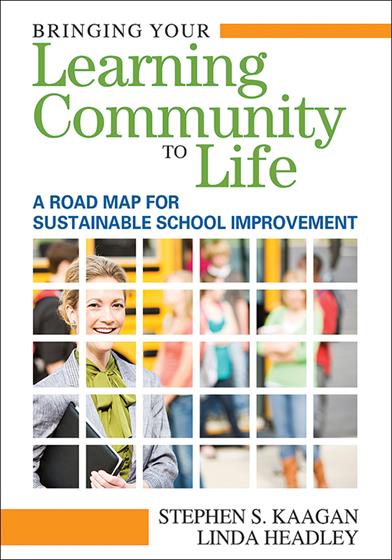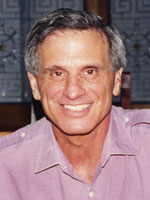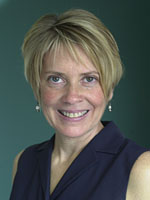
Hands-on, Practical Guidance for Educators
From math,
literacy, equity, multilingual learners, and SEL, to assessment, school counseling,
and education leadership, our books are research-based and authored by experts
on topics most relevant to what educators are facing today.
Bringing Your Learning Community to Life
A Road Map for Sustainable School Improvement
First Edition
The do-it-yourself guide to creating and sustaining a professional learning community in your school or district!
This how-to guide walks school and district leaders step by step through the process of establishing a professional learning community (PLC) over nine to twelve months. Readers will find everything they need to get a PLC up and running, including:
- Tasks that help educators "learn by doing" as they create a PLC
- Exercises for conducting productive meetings, building communication skills, and shaping group identity
- Case studies of common roadblocks to spark discussion
- Guidelines for appropriately pacing the chapters, tasks, and exercises with your faculty
Product Details
- Grade Level: PreK-12, Elementary, Secondary
- ISBN: 9781412972970
- Published By: Corwin
- Year: 2010
- Page Count: 160
- Publication date: November 29, 2012
Price: $39.95
For Instructors
When you select 'request review copy', you will be redirected to Sage Publishing (our parent site) to process your request.



